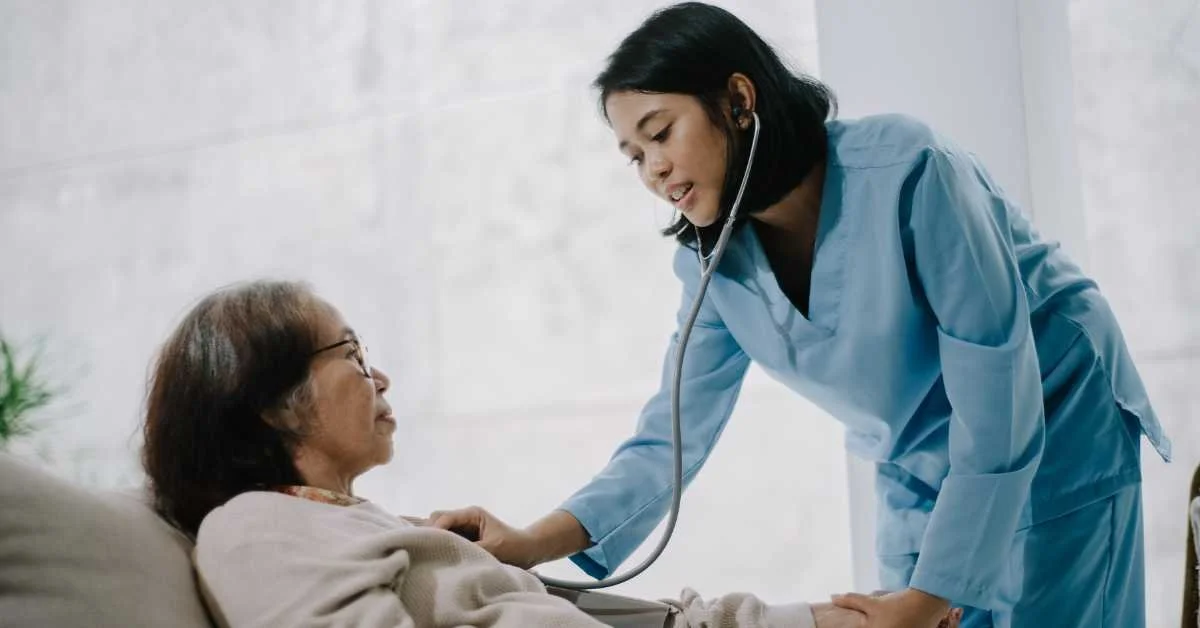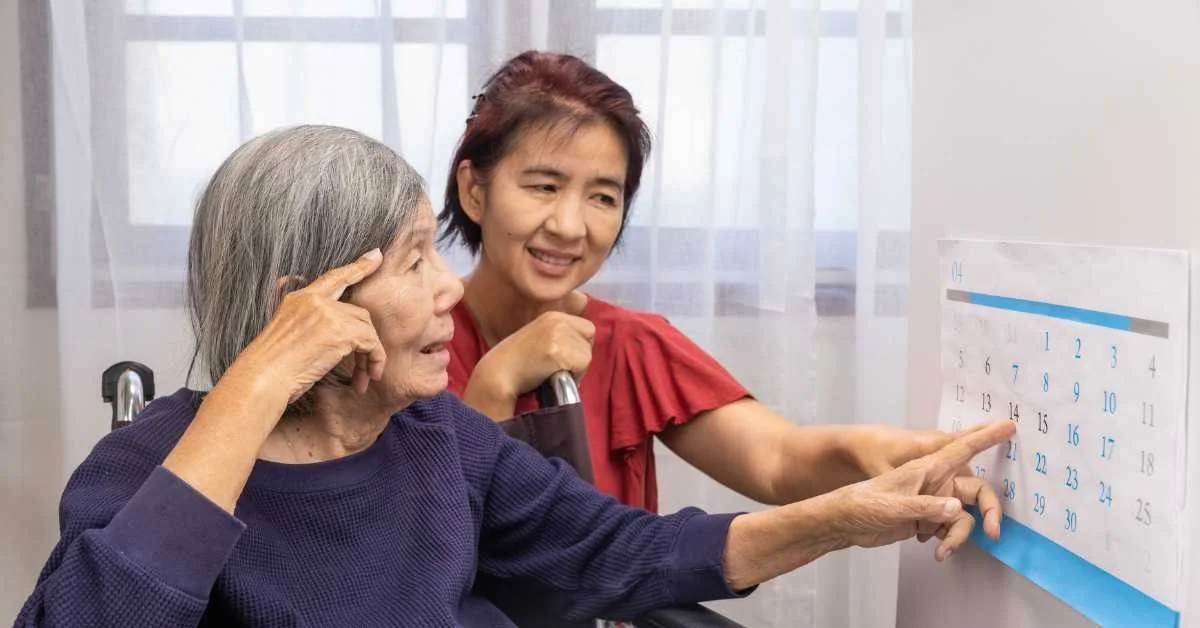Geriatric Oncology - Specialized Care for Senior Cancer Patients
Cancer in older adults can bring extra challenges. Age brings experience and wisdom, but also a chance of facing more health issues at once. When an elderly person is diagnosed with cancer, treatment has to consider not just the tumor but the whole person. Geriatric oncology is the term for this focused care. It means cancer care built around the needs of seniors. Geriatric oncology aims to give the right balance of treatment and support for older patients by taking into account how bodies age.
What is Geriatric Oncology
Geriatric oncology is formally recognized in medicine. It is defined as “a branch of medicine concerned with the diagnosis and treatment of cancer in the elderly, usually defined as aged 65 and older”. As populations age, geriatric oncology has become more important. For example, about 60% of new cancers and 70% of cancer deaths occur in people aged 65 or older. Singapore’s population is also aging: by 2030 around 1 in 4 Singaporeans will be 65 or older. These trends make geriatric oncology a vital part of cancer care, helping older patients get treatments that suit their whole health profile. In practice, this means senior patients’ heart, lungs, kidneys, nutrition, mood and support systems are all considered when planning treatment.
Why Older Patients Need Specialized Care
An 80-year-old has a different health picture than a 40-year-old. Elderly patients often take many medications and have conditions like arthritis or memory loss. They may have limited stamina and feel weak after treatments. Some older adults have trouble moving around, getting to appointments, or even figuring out complex instructions. Caregivers may be older spouses or family who tire easily too. One expert report notes that seniors face more health problems, mobility and cognitive issues, depression, financial burdens and caregiver strain when coping with cancer. All this can make cancer care complex. Geriatric oncology looks at the whole person to help meet those needs.
In geriatric oncology, doctors often assess:
Physical function (walking, balance, strength).
Cognitive function (memory, thinking).
Nutrition (weight loss, appetite).
Social support (living situation, caregiver help).
These findings then guide treatment choices for the senior. In practical terms, an older patient might not tolerate standard chemotherapy doses or surgery as easily as a younger patient. Their body might react differently. They can get confused by side effects, feel anxious or depressed, or have trouble swallowing medicine. Many seniors are strong-willed and wish to fight the cancer. Geriatric oncology sees both the vulnerabilities and the strengths of seniors. It looks at the full life story of the patient. For example, if an older person has memory loss, the geriatric oncology team will explain things more slowly and involve a caregiver. If a patient has poor vision, forms and schedules are made very clear.
Comprehensive Geriatric Assessment (CGA)
A key step in geriatric oncology is the Comprehensive Geriatric Assessment (CGA) before treatment. This detailed evaluation uncovers health issues that the cancer team might miss. At Alami Clinic, a full geriatric assessment is done prior to starting chemotherapy, and the findings guide the treatment plan. A CGA typically looks at heart, lung and kidney function, nutrition and weight, medications, mood and memory, and a patient’s ability to perform daily tasks (dressing, walking, bathing). Research shows that doing a CGA before chemo leads to better tolerance and outcomes. In geriatric oncology, this assessment is key to tailoring treatment to seniors.
Around the world, cancer centers are adopting CGA. For example, NCIS in Singapore has the GOLDEN program where each older patient gets a CGA (including checks on depression and nutrition) and then a joint care plan is made. In practice, geriatric oncology teams may be surprisingly small—sometimes one doctor has special training in both geriatrics and oncology—but the important thing is that this step happens before any major therapy. It ensures nothing is overlooked.
Building the Care Team
Geriatric oncology is a team effort. Doctors, nurses, dietitians, physiotherapists, pharmacists, psychologists and social workers all play a role. For example, a geriatric oncology team might include a pharmacist to review all medications, or a social worker to arrange home support for seniors. This team meets regularly to share information. They all have a say in how to help the patient. A nurse may keep an eye on side effects and coach the patient on medicines. A nutritionist will advise on diet. A physiotherapist may design a gentle exercise plan.
In some geriatric oncology programs, the patient will see multiple specialists in one visit. For example, at GOLDEN an older patient meets an oncologist, a geriatrician and a nutritionist together. Then the team discusses the case and forms a plan. At Alami Clinic, Dr. Farhan works with pharmacists, nurses, therapists and even psychologists to meet seniors’ needs. The key is that every aspect of the senior’s health is coordinated.
Personalized Treatment Plans
Seniors vary widely in health and need care that fits each case. In geriatric oncology, doctors consider life expectancy, other illnesses, and what the patient wants. A healthy 75-year-old might get full treatment, while a frailer patient might get gentler care. Teams often make a multi-step plan: first a thorough assessment; second deciding the safest treatment steps; third providing support and follow-up throughout therapy. Alami Clinic emphasizes this type of planning. The clinic focuses not just on the tumor but on the whole person.
This means the care plan might include extra services. If the patient has loss of appetite, a dietitian may work on a meal plan. If memory is slipping, a psychologist might help with coping strategies. If balance is poor, a physiotherapist can give exercise tips. The team also helps with social needs like arranging transport or support groups, because one worry of older adults is not having enough help at home. Caregivers are taught how to assist with daily tasks if needed. In other words, geriatric oncology covers both medical and practical sides of care.
Nutritional and Physical Support
Eating well can be hard for seniors with cancer. Chemotherapy and illness often reduce appetite or cause nausea. Alami Clinic checks what a patient eats, how they digest food, and if they have trouble swallowing. The team then coaches on diet changes or supplements to keep strength up. Good nutrition is linked to better treatment results and fewer hospital stays. For example, dietitians may suggest high-protein shakes or small frequent meals if a patient has poor appetite. They may also address issues like dental problems (which are more common in seniors) by recommending soft foods or supplements that are easy to chew and swallow.
Physical strength is also key. For example, programs like MILES prehabilitation help seniors build strength before surgery. Even before any treatment, a geriatric oncology doctor might prescribe gentle exercises or a walking routine. Post-treatment, gentle physiotherapy can help seniors regain fitness. Even short walks or simple muscle exercises can speed recovery. Older patients often need more time to bounce back, so clinics understand and allow extra rehab time when needed. Occupational therapists may also help adapt the home environment (grab bars, bathroom aids) to keep the person safe during recovery.
Mental and Emotional Care
Cancer can be overwhelming at any age, but seniors may feel it especially hard. Geriatric oncology teams are aware older patients may hide sadness or anxiety. In some studies, over 40% of older cancer patients had high distress or depression symptoms. Many seniors think feeling anxious or tired is just part of aging, but it need not be ignored. Geriatric oncology addresses this by asking about mood and memory. If someone feels confused after chemo, the team checks cognitive function. If anxiety or depression is high, they suggest counselling or relaxation techniques. Social or spiritual support may also be offered, since comfort can come from support groups or chaplains. The goal is to catch any mental health issues early so the patient stays engaged in treatment.
After Treatment and Recovery
Treatment ends when the cancer is controlled, but for seniors, recovery continues longer. In geriatric oncology, care continues even after active treatment. Teams keep checking on patients for weeks or months after, often with phone calls or extra clinic visits. If a patient is in remission, they still get follow-ups for other health matters. That might include checking blood pressure, diabetes or lung function just as thoroughly as before. Geriatric oncology makes sure other conditions are managed alongside cancer recovery.
At Alami, the focus after treatment is on rebuilding strength and independence. Patients are helped to get back to walking, eating normally, and enjoying life. Therapy may continue in home visits or community rehab. The clinic offers follow-up plans that include both medical checks and lifestyle advice to keep seniors well. Geriatric oncology also involves planning a return to normal routines: resuming social activities, mild exercises and mental exercises (like puzzles) to keep the mind active. The patient and family know that extra support is available during this phase.
Singapore’s Geriatric Oncology Programs
In Singapore there are growing resources for senior cancer care. The National University Cancer Institute (NCIS) has a program called GOLDEN for older adults. There, older patients receive a full assessment and a plan in a single clinic visit. The National Cancer Centre (NCCS) also leads in this field. Singapore doctors say “geriatric oncology helps improve care for older cancer patients”, since it raises awareness of seniors’ needs.
GOLDEN stands for Geriatric Oncology Longitudinal End to Network, one of Asia’s first clinics focused on elderly cancer patients. It was set up so seniors only make one trip – meeting oncologists, geriatricians and other staff in one visit.
How Alami Clinic Supports Elderly Cancer Care
At Alami Clinic, geriatric care is central even for cancer patients. Dr. Nur Farhan, a specialist in geriatrics, leads the effort. The clinic can handle an older patient in its practice or even visit them at home. They are prepared to help with hospital coordination or paperwork like health care directives and Lasting Power of Attorney.
Alami Clinic focuses on personal attention. The team “view each patient as more than just a diagnosis”. Pharmacists, nurses, physiotherapists and psychologists all help meet each senior’s needs. For example, one patient review praised Dr. Farhan for her patience with an elderly patient who had hearing difficulties.
Alami also supports patients traveling from abroad. They provide translation services, medical concierge services and medical escorts for seniors returning home. This means language or travel is no barrier to getting care.
For older patients and families, Alami aims to make treatment realistic and manageable. Its geriatric approach ensures that the support needed to recover is in place. Whether it’s arranging home exercises or helping a patient find transport, Alami’s team provides the kind of care seniors need.
Moving Forward with Geriatric Oncology
The main message is that older patients deserve cancer care that fits their life. If you have an elderly loved one with cancer, ask the care team about geriatric oncology services and assessments. Clinics experienced in geriatric oncology see the person, not just the cancer. In Singapore, you can look for doctors or clinics that mention geriatric oncology or comprehensive assessments. At Alami Clinic, this kind of care is part of everyday practice.
By tailoring treatment and support to each senior’s needs, even patients in their 80s or 90s can fight cancer and regain quality of life. Geriatric oncology exists to make sure no senior is denied effective care because of age. Seniors and their families should remember that specialized geriatric oncology care is available - it can make a real difference.



